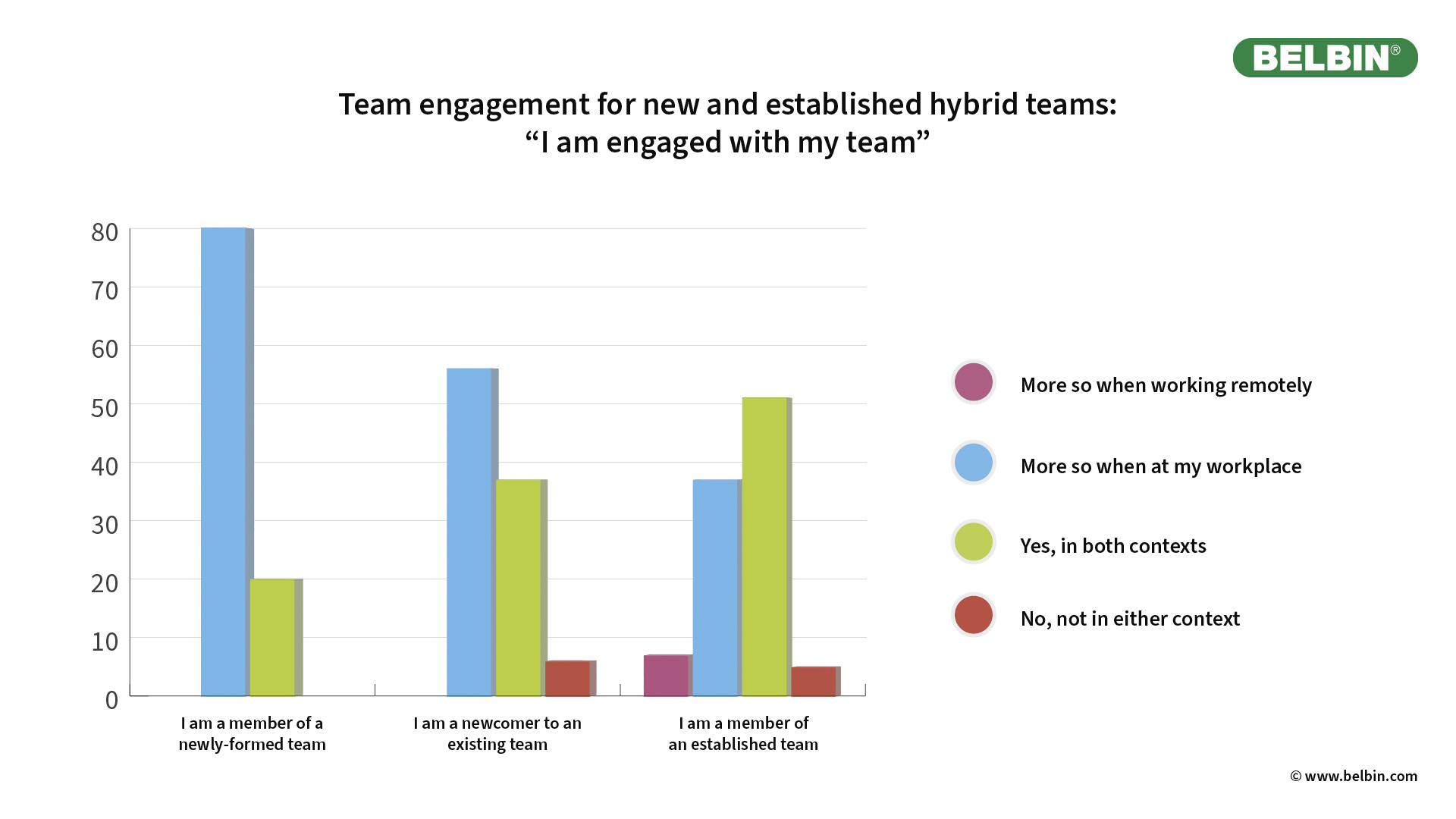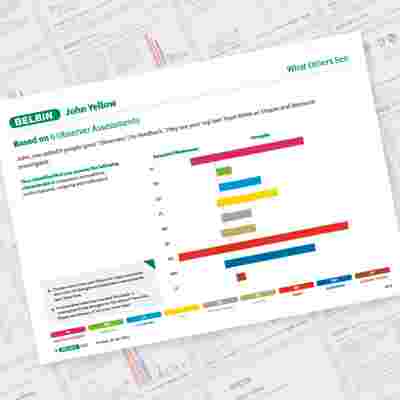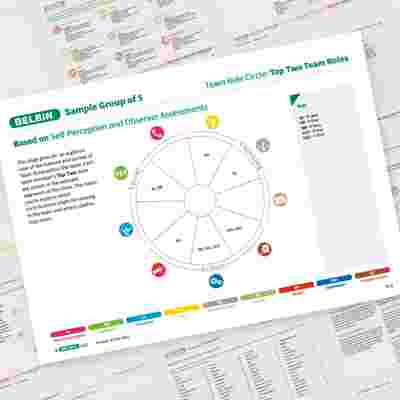Are you facing challenges with remote and hybrid teams?
Is your team struggling with...
- A lack of visibility – it's more difficult to identify tensions, issues with disengagement, and even burnout.
- Communication gaps – it’s harder for team members to collaborate effectively, read the room, sense tone, or iron out misunderstandings.
- The feeling that something’s missing – the work gets done, but teams feel fragmented or flat. There's a lack of chemistry and cohesion.
- Difficult relationships – especially in newer teams or for junior staff, who don’t have existing networks to fall back on.






